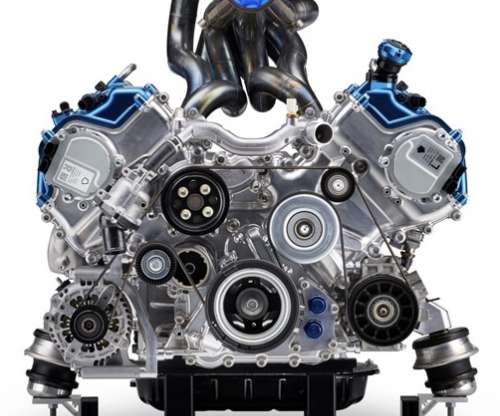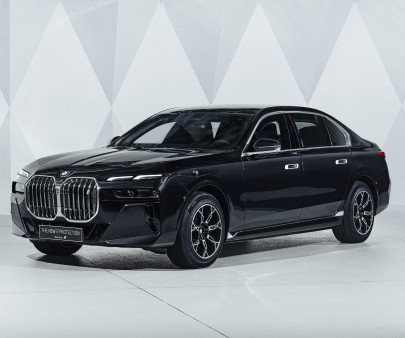Study finds gasoline exhaust contributes more to formation of secondary organic aerosols than diesel
Green Car Congress
MARCH 3, 2012
Contrary to expectations, exhaust from gasoline vehicles contributes more to the production of secondary organic aerosols (SOA) than exhaust from diesel vehicles, according to a new study by scientists from the Cooperative Institute for Research in Environmental Sciences (CIRES), NOAA’s Earth System Research Laboratory (ESRL) and other colleagues.





































Let's personalize your content